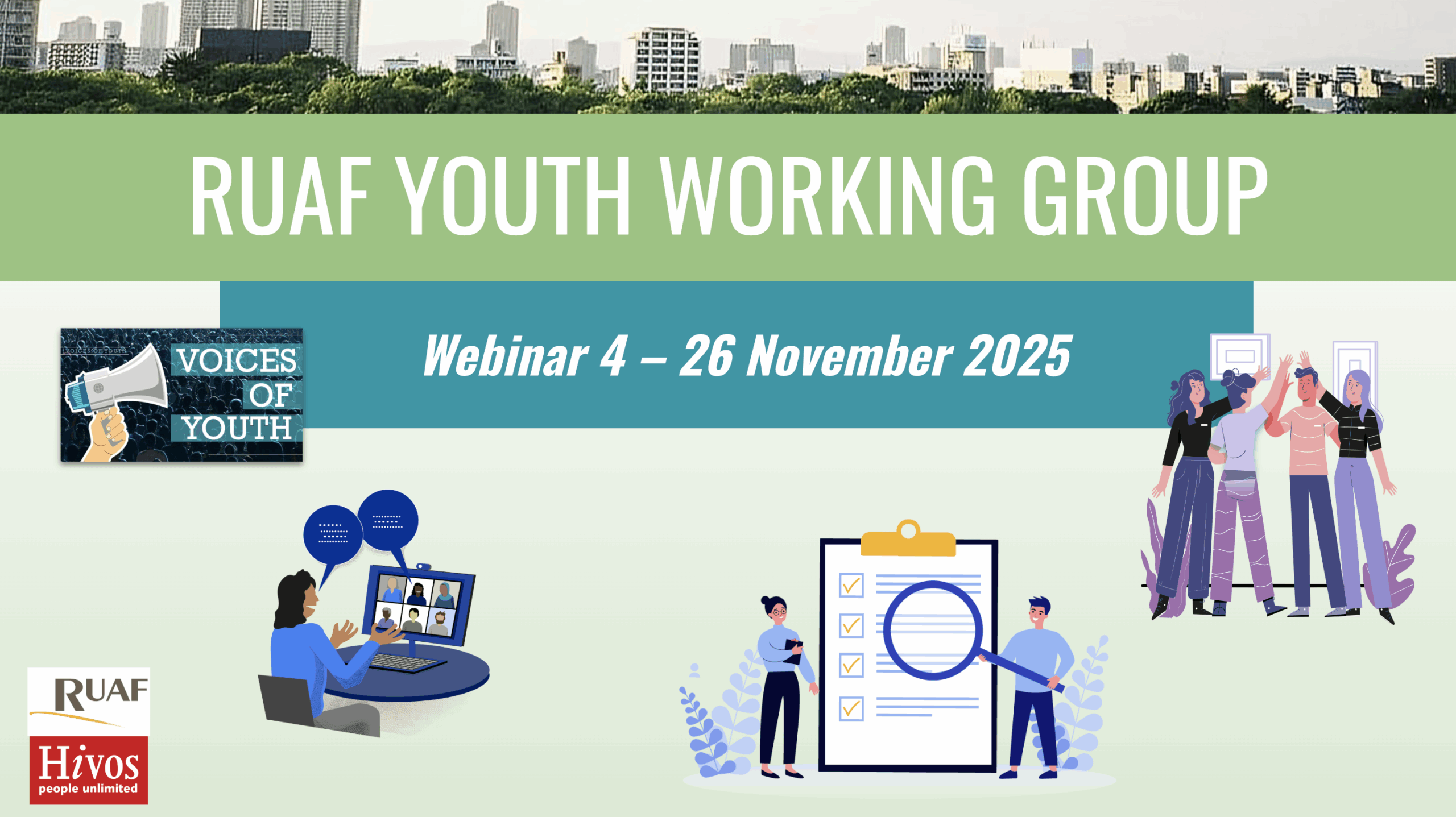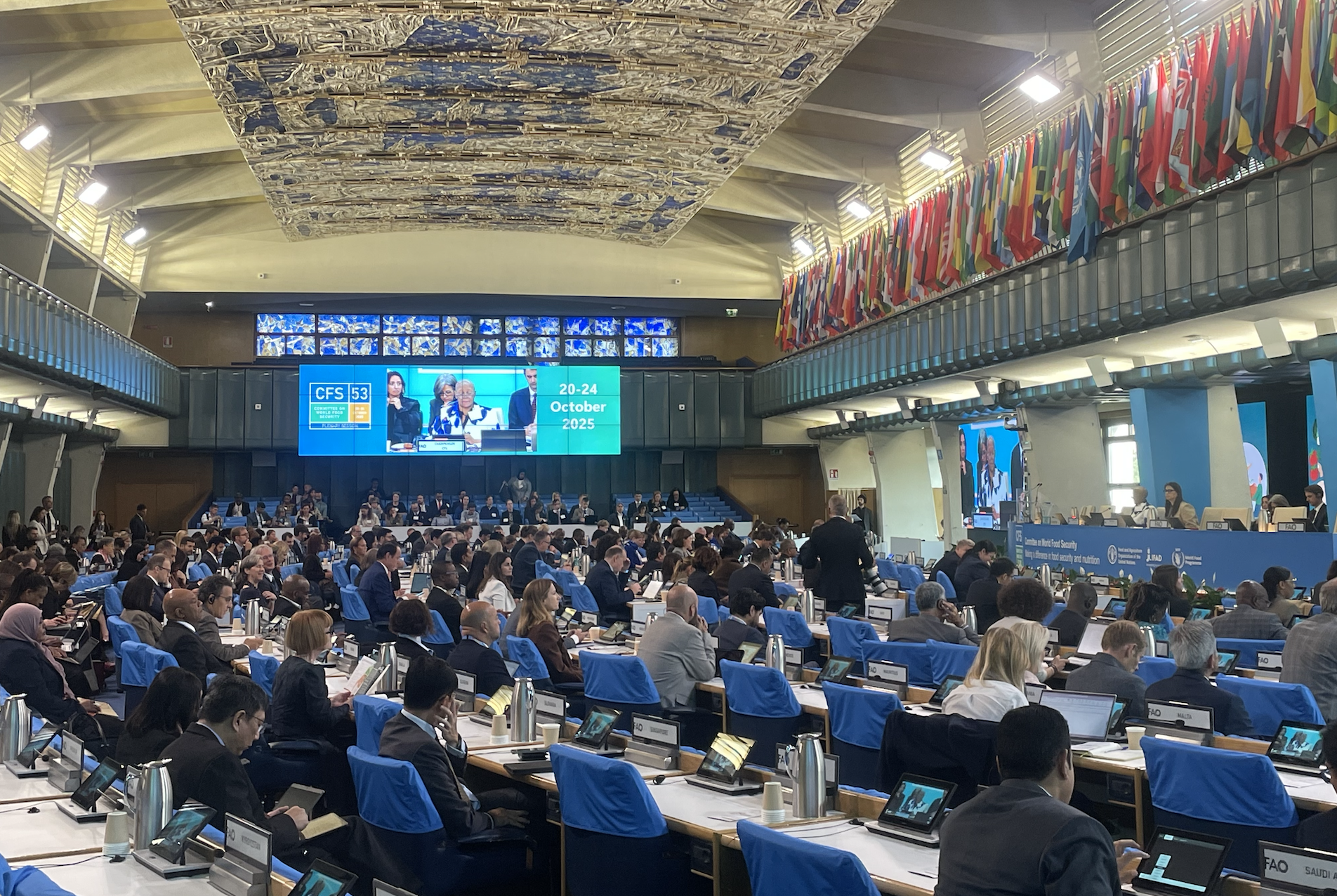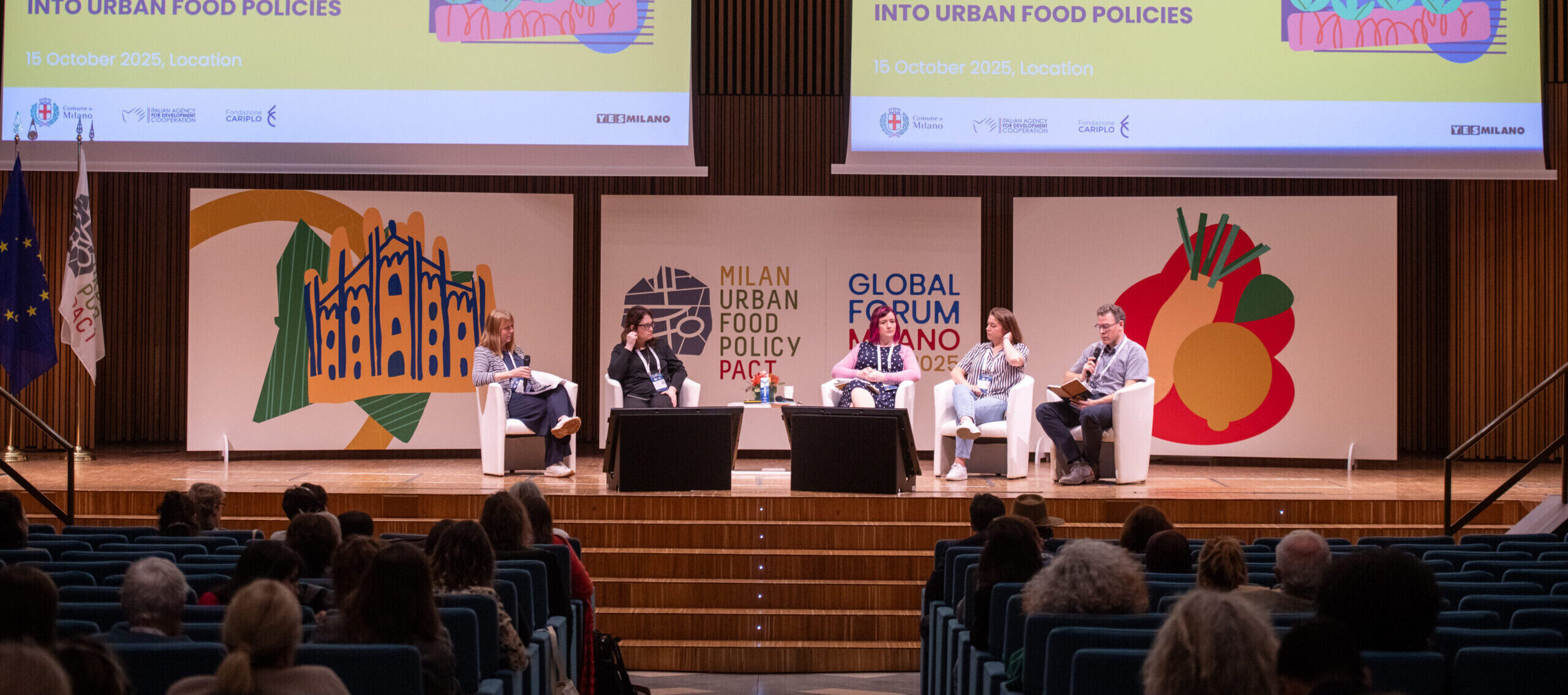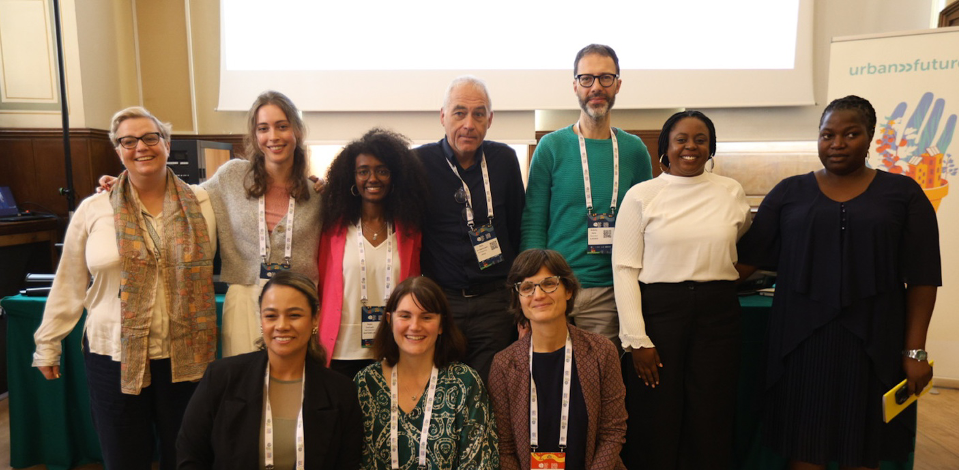The e-book, Alimentar boas práticas: da produção ao consumo sustentável, published in Portuguese in March 2020, compiles 46 current initiatives that provide an overview of ongoing food related actions, projects and programmes in Portugal. The compilation was the
result of contributions from private promoters, central and local administration, the third sector and academia, which is reflected in the wealth and variety of documented initiatives.
Download the open access version (in Portuguese) here.
About the e-book
Each initiative describes who the promoter is, its location, background, objectives, key activities, results and outcomes obtained, financing sources and lessons learned. The common format used simplifies the presentation of cases in their diversity and facilitates putting them in perspective. The set of practices gathered in the e-book illustrates the multiple national realities, including: the diversity of actors involved, their territorial scale, the multiple spaces where they take place; the multiplicity of entry points through which practices are initiated; their dynamics through
time; the wide range of entries in the food chain, namely, agricultural resources and inputs, production, processing, logistics, marketing, catering, consumption, waste management, awareness/education, local food programmes; marketing, and “others”; the diversity of financial resources used and combined and, last not least, a unique wealth of lessons learned.
The various practices are organised in the e-book according to their territorial scope:
• National scale [7 in total], for instance national awareness raising campaigns on food sustainability; Large national chain of supermarkets promoting 100% recyclable bags for fruit and vegetables; good practices for reduction of food waste; Eco-Friendly chain of restaurant and
cafeterias.
• Inter-municipal [9] i.e. involving more than one municipal territory out of the 308 existing in Portugal: for instance, fostering of local food production in low density territories; increase of socio-economic impact through the inclusion of people with cognitive difficulties; Seed bank
and seed circles involving about 15 municipalities; monitoring food waste in regional hospitals; training on and implementation of household-based worm composting systems.
• Municipal [20], such as greener school award; rooftop solidarity garden; first accelerator of agro-food start-ups at municipal level; open documentation centre and data base on organic and sustainable agriculture; holistic / multi-sector cooperative; night food fair for strengthening
short circuits; “come and pick up what you want to eat” initiative.
• Micro local or sub-municipal scale or isolated practice [10]: such as gardens and composting in schools; shared garden; organic food for school canteens; therapeutic horticulture for elderly; local plan for nutritional food security.
These were the original objectives that motivated the self- documentation process by involved actors: [a] disseminate and give visibility to existing initiatives most of the time little known even at national level; [b] inspire their replication throughout Portugal; and, [c] raise awareness among
policy makers of the relevance of developing local food policies from a multi-actor and multi-sectoral perspectives. Even if this first edition is a significant contribution, the following recommendations end the e-book and are necessary to fully attain the objectives:
1. Creation of an observatory to monitor these and other national initiatives based on criteria of feasibility, efficiency, equity, and sustainability,
and to inform in a substantive way future public policy at both central and local government levels.
2. Opening up a line of funding for the development of integrated strategies based on an exhaustive prior survey of existing initiatives in the territory.
3. Give continuity to this compilation, on a bi-annual basis in order to ensure the necessary visibility, monitoring and recognition of the excellence, creativity and innovation of initiatives taking place all through Portugal
Find out more
The documentation of all these initiatives was carried out on a voluntary basis and falls under the priority action plan of the Alimentar Cidades Sustentaveis – Feed Sustainable Cities – a national platform consisting of 350 members. A Steering committee composed of three persons stimulated the process and a scientific committee conducted a double-blind review process. The coordination of the e-book was carried out by Cecilia Delgado, urban planner and architect. Further communication can be made via email: alimentarcidadessustentaveis@gmail.com.
The e-book is currently only available in Portuguese, and it is a hope of the Platform to have it accessible in different languages, dependent on
resources.






